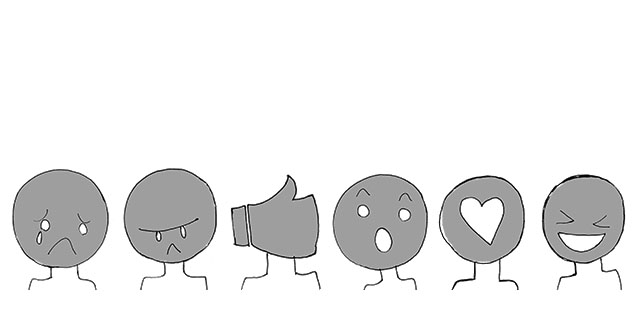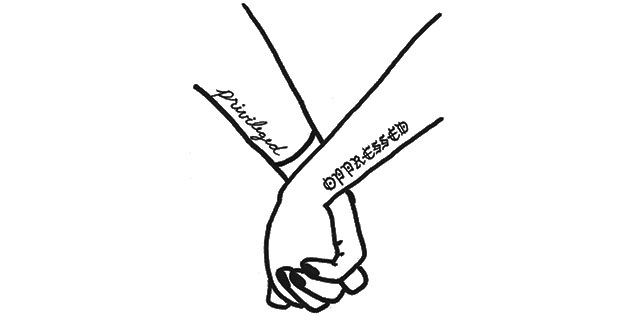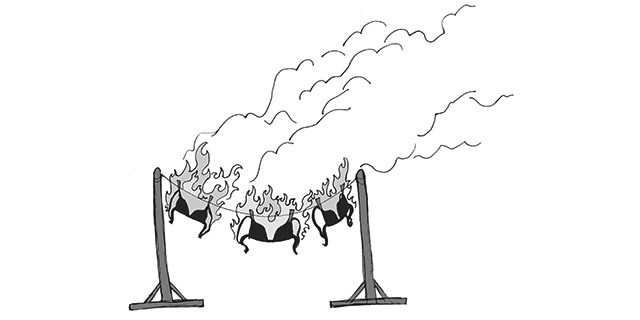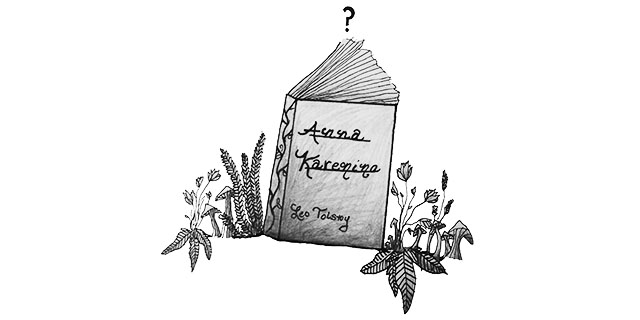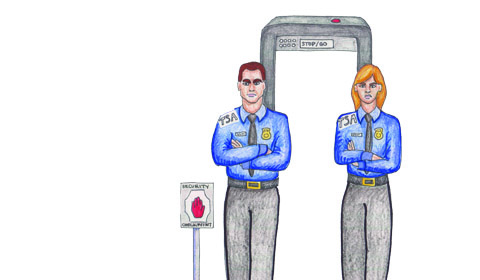
“You’ve been selected for a random security check. Please step to the side with me.”
My mother, who stood collecting our luggage from the conveyor belt at the Transportation Security Administration (TSA) checkpoint, shot the uniformed lady a look. The woman merely shrugged her shoulders.
I was taken aside for an extra pat down; I was 10 years old. I wouldn’t have thought anything of it, because security’s gotta do what security’s gotta do, and also, I was only 10. But, over the course of the next year and a half or so, every time I went to the airport, I was called aside for a “random” security check. One time my mom asked the man behind the counter why I kept getting called aside, considering I was a child and obviously posed no threat. The man shrugged and said I must have been on a list of names that was circulating through the system.
Racial profiling is a serious topic of contention in post-9/11 U.S. culture. After Sept. 11, 2011, the U.S. changed dramatically, and the numerous TSA requirements we have to wade through at the airport are manifestations of the government’s increased focus on preventative measures against terrorist attacks.
A large part of my identity has been shaped by other people’s nervousness about Islam or “Muslim-looking people” following 9/11. My mom once told me not to tell people that my family was from Pakistan, but rather to stick to saying that I am from India. It was not lying, of course; my family is from both countries, but my parents pressured us to hide a part of our background that they believed might bring us unwanted study. For a long time, even now, occasionally, I feel scrutinized during discussions of Islam or even current events in the Middle East (which is awkward, because I spend the majority of my day discussing Middle Eastern-related current events).
During an organized trip to China, we ate at a Uyghur restaurant in Shanghai (the Uyghurs are a Turkic ethnic group that live in Eastern and Central China, the majority of whom are Muslim), and we were seated in a small room at the back of the restaurant because we were such a large group. Two different men walked into the room, looked around, and then walked out again. Some of the students on the trip freaked out, saying that the men could have bombs under their jackets. And then someone said something along the lines of, “I bet Suhauna already hid a bomb in here.” It was clearly a joke made to relieve the tension, and I laughed reluctantly, but I felt weird about it later. I completely understand that in some situations it’s easier to laugh than address a tension; I’ve probably done it multiple times, so I don’t feel targeted or offended. I just feel obligated to point out discrimination of any sort.
While my TSA situation six or seven years ago is probably based on some technological glitch in the airports security, I’ve always harbored a small suspicion that I was put on some list because my last name is “Hussain,” which is obviously a Muslim name. My suspicion has swelled slightly over the years as I’ve became less naïve; I’ve heard about other members of my religious center being subject to extra security measures at the airport for no apparent reason. Then again, it could just be a glitch; I honestly don’t know if my name or religion was the reason I was called aside. As my dad commented, we’ve seen “poor old white ladies patted down too.” However, I do know that racial profiling has been a problem for a number of Muslims or Arab-looking individuals since Sept. 11.
For some Muslims, in environments less friendly than Marlborough, discrimination is commonplace. When I was a mere tween, a Muslim friend of mine stormed into religious class and told us that he’d gotten into a fight at school because someone had called him a terrorist.
Racial profiling has been exacerbated not only by measures immediately following 9/11 such as the PATRIOT Act and the NSA’s PRISM, but also more recent laws such as Stop and Frisk, which is a New York City Police Department policy allowing officers to stop and question pedestrians based on “reasonable suspicion” of criminal activity and frisk them to check for weapons. Unfortunately, an overwhelming majority of people marked are African-American or Latino. Prevention of terrorist attacks or crime in general is of course a worthy goal, but the problem with authorized, non-court-ordered surveillance or the ability to search people based on vague guidelines is that there is much room for interpretation, which can lead to racial profiling as well as astounding breaches of privacy.







